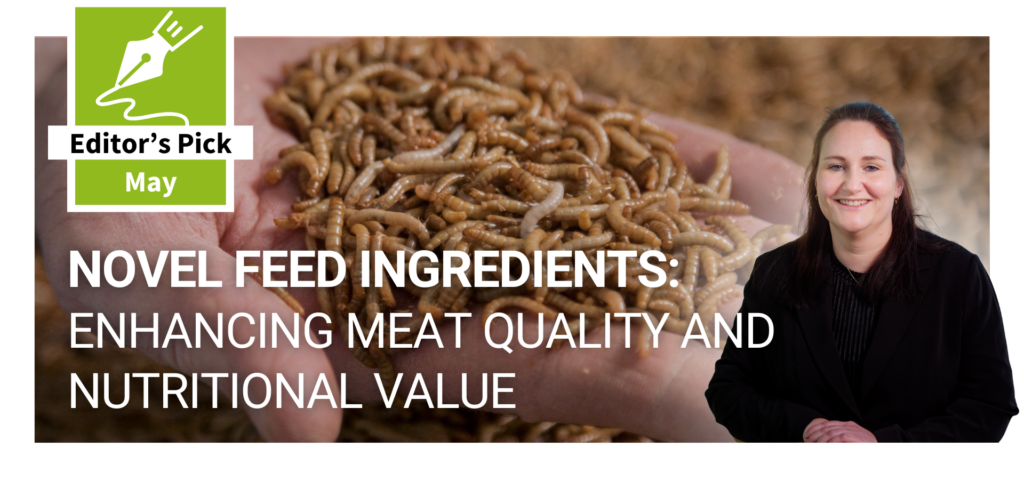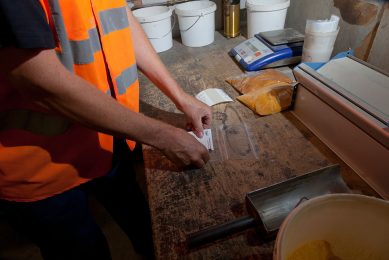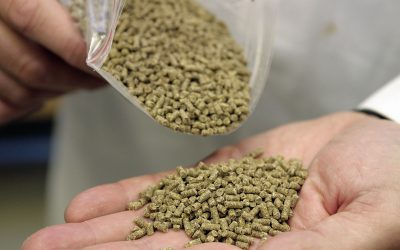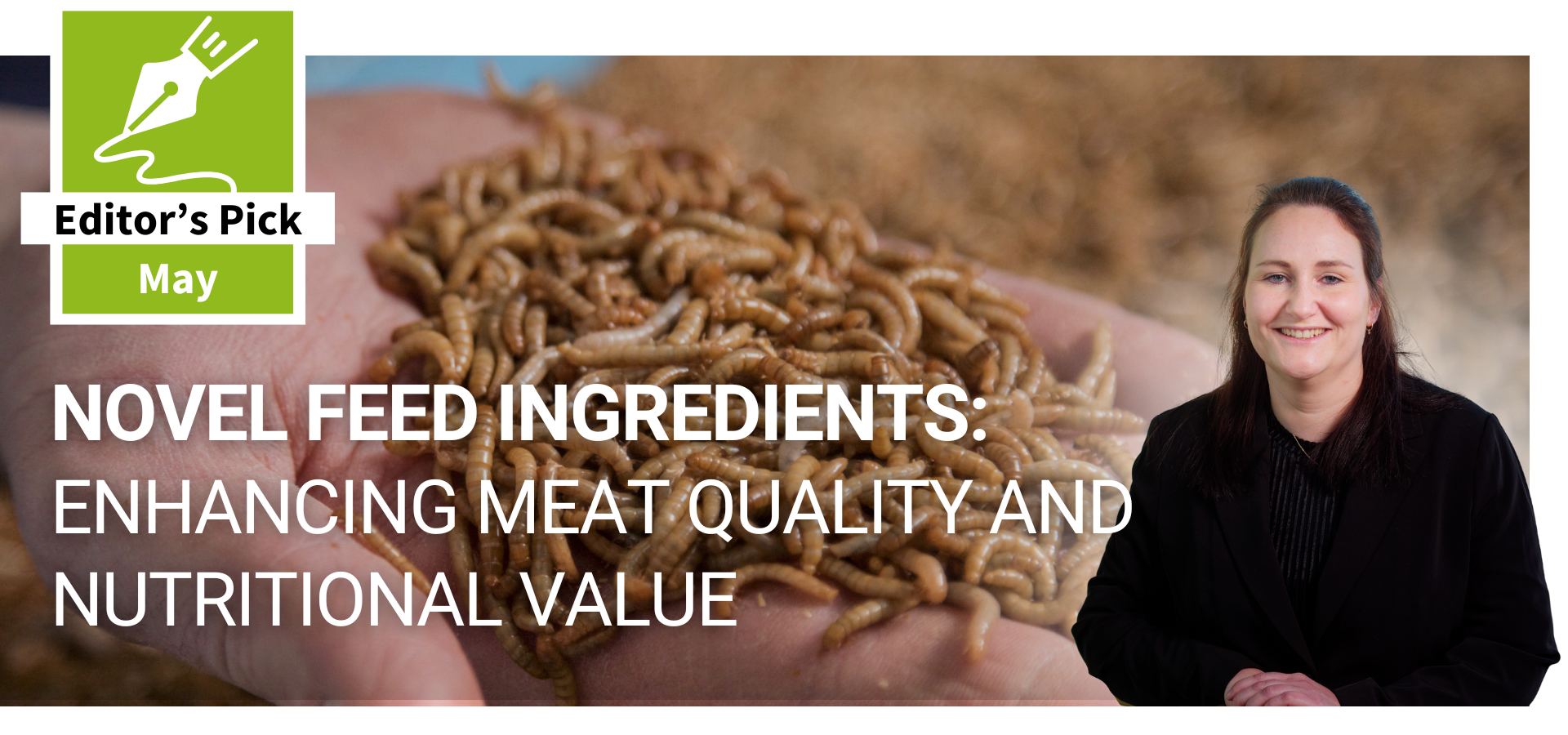AFIA Nutrition Symposium looks at more production with fewer means
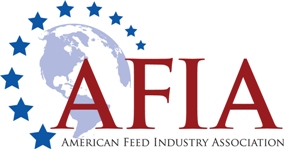
The AFIA Nutrition Committee recently held a seminar on “Feeding more people with fewer resources and less impact” which covered a variety of topics centred on the impact of the advancements in crop genetics on animal nutrition and the need for real time nutrient analysis.
The 2012 Purchasing and Ingredient Suppliers Conference (PISC), an annual two-day event of the American Feed Industry Association concluded last week in Orlando, Florida.
Prior to PISC on March 12-14, AFIA’s Spring Committee Meetings provided time for the association’s committees and the Board of Directors to meet.
A highlight of the Spring Committee Meetings was the Nutrition Symposium, presented March 13 by the Nutrition Committee representing the AFIA Nutrition Member Interest Group.
The afternoon-long seminar “Feeding more people with fewer resources and less impact” covered a variety of topics centred on the impact of the advancements in crop genetics on animal nutrition and the need for real time nutrient analysis.
Regional sustainability
The first speaker, Dr. Jude Kapper, Washington State University, opened the symposium with a sustainability overview and its importance to agriculture.
Dr. Kapper explained that in order for the industry to remain viable, environmental impact must be reduced while sustainable productivity must increase.
Critical to this is recognizing that production systems must be customized to a region’s needs, because “every system is different on a global basis.”
Nutrition technology
John Patience, Iowa State University, elaborated on sustainable livestock production, explaining that nutrition technology is a key element. This includes precise feeding programs, efficient energy systems and enhanced quality controls, among other factors.
“Every 11 years, we add 1 billion people to the population,” stated Dr. Frank Mitloehner, University of California, Davis. This will stress our already strained resources.
However, efficiency will help mitigate the impending crisis. “The more efficient you are, the fewer animals you need to produce your product,” explained Dr. Mitloehner.
Trust and transparency
Taking a closer look at the social and bioethics questions related to animal agriculture, Dr. Kurt Vogel, University of Wisconsin, River Falls, explained how trust impacts a consumer’s purchase decisions and that a loss of trust could lead to reduced demand.
In addition to trust, transparency is a fundamental factor. “If we are afraid to show things happening at our facilities, we need to think about that.” Dr. Vogel continued, “The industry can self-regulate, but we have to do a better job or else someone will do it for us.”
Agreeing, Dr. Patience stated, “Science has to be a foundation of what we do and why we do things; but fundamentally, the role of science only helps us sell what we do to the public.”



